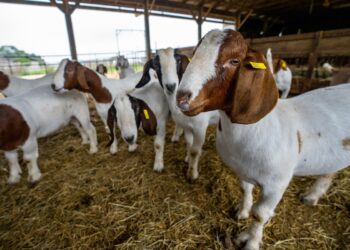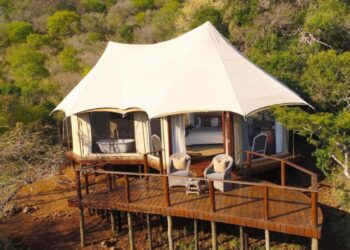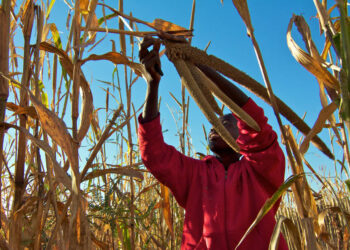
The Government Institutions Pension Fund (GIPF) says it has not yet made a final decision regarding an investment in oil and gas.
“At this point in time, there are no firm decisions to place particular investment in oil and gas, but the Fund is monitoring those economic developments,” said GIPF Chief Executive Officer, Martin Inkumbi.
“The discoveries are happening in the country, which is likely to have a positive impact on the nation’s growth trajectory, including people. Therefore, any investor with capital will be looking out for such opportunities because they also present potential for good returns.”
Inkumbi’s views echo the previous position of the GIPF’s former CEO, David Nuyoma.
Last year, Nuyoma told The Brief that GIPF was consulting stakeholders to determine the most suitable time to enter the oil and gas sector, considering both potential returns and investment risks.
“However, even when investing in oil and gas, the issue of environment, social, and governance (ESG) is still very critical and needs to be considered when exploiting these resources. One should still keep in mind the impacts of such activities on the environment, including on societies,” said Inkumbi.
“Thus, ESG is integral to the process of investing in the oil and gas sectors. Hence, we need to invest in energy sources that are more sustainable, something that the fund has already been doing, be it solar PV or wind power generation. So the subject matter of ESG is central and very important in the investment process.â€
This comes as more oil and gas discoveries continue to emerge in the Orange basin offshore Namibia’s coast.
Discoveries have been made since 2022, when major oil companies TotalEnergies, Shell, and NAMCOR made breakthroughs. In addition Galp Energy has also recorded two discoveries.
GIPF is a statutory pension fund that provides guaranteed pensions and related benefits to civil servants and employees of participating employers in Namibia.The Fund’s assets, according to the Fund’s 2023 Integrated Financial Report, have increased to N$151 billion, with 50% of its assets invested in Namibia, 24% internationally, 15% in South Africa, 5% in China, and 3% in Africa and emerging markets, respectively.










